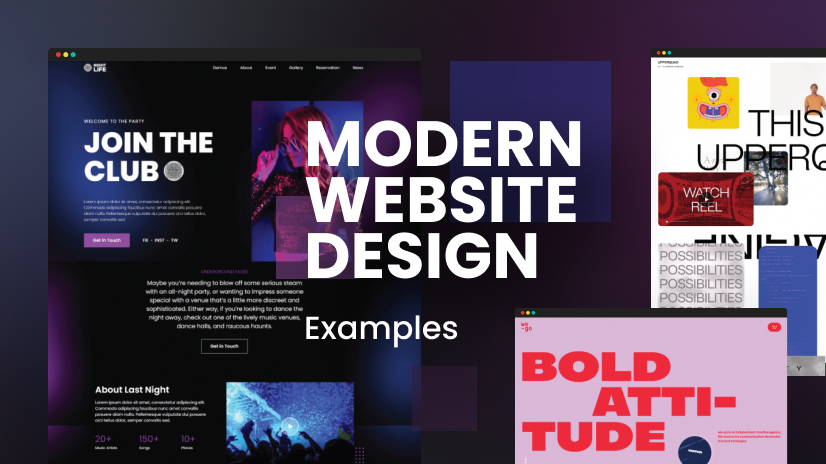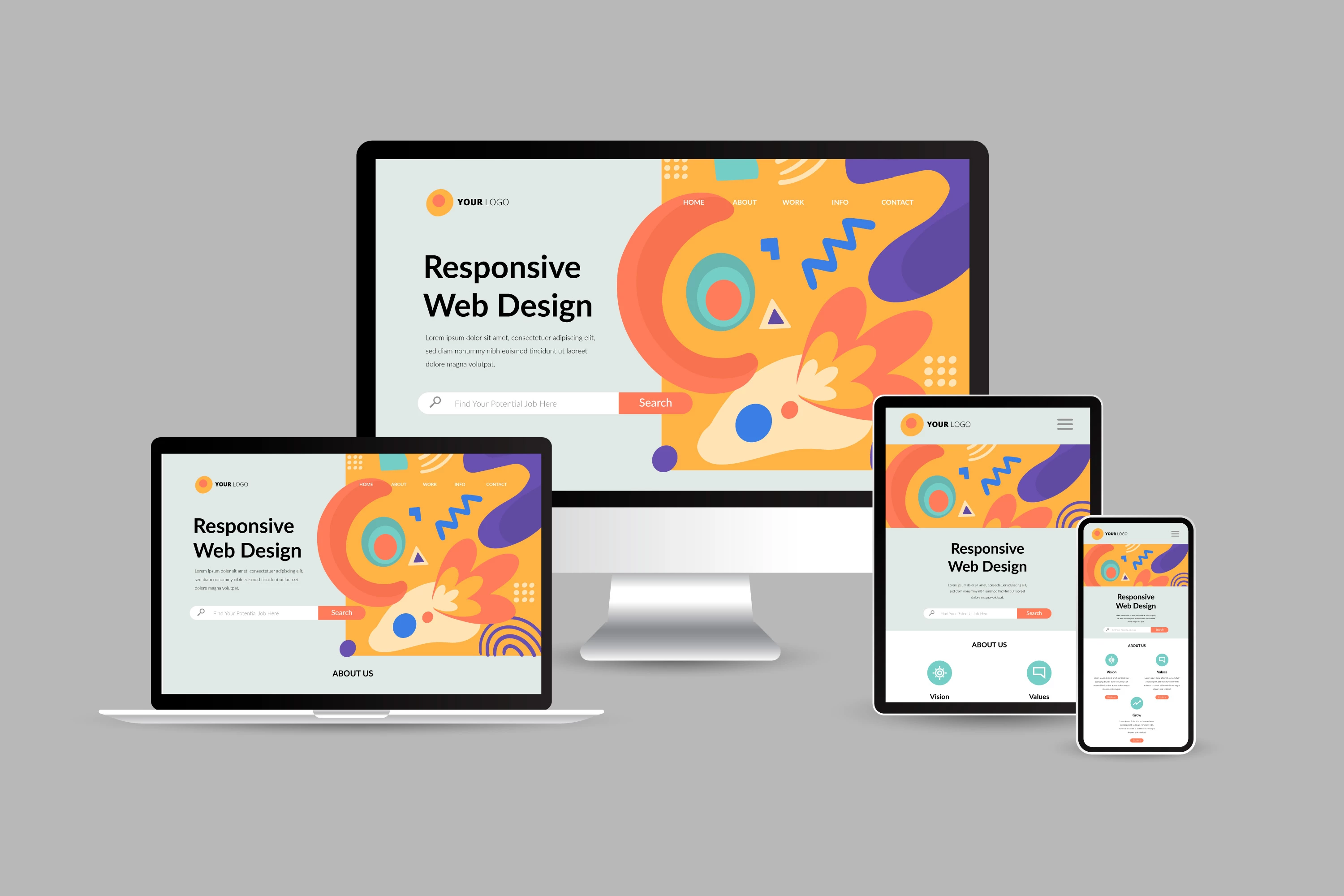Top Tips for Developing an Impactful Website Layout That Converts
To attain this, one need to consider a variety of elements, consisting of comprehending the target audience, prioritizing individual experience, and maximizing for mobile platforms. The tactical use of compelling call-to-actions and a distinct aesthetic pecking order plays a vital function in directing customers via their journey.

Understand Your Target Target Market
Comprehending your target audience is essential to reliable web site style, as it prepares for producing an engaging customer experience. Recognizing who your users are, including their demographics, choices, and habits, enables designers to customize the website's material, design, and performance to satisfy particular demands.
Performing comprehensive marketing research is vital in this process. Studies, interviews, and analytics can give important understandings right into customer assumptions and pain points. By compiling this information, designers can develop individual personas that represent various sectors of the audience, making sure that design choices are notified and appropriate.
Moreover, understanding the target market helps in selecting suitable layout aspects such as color design, typography, and images that resonate with customers. A site that talks straight to its target market promotes a feeling of link and trust, motivating longer brows through and greater conversion prices.
Ultimately, a user-centered method to website design not only improves customer complete satisfaction however additionally sustains organization goals by driving involvement and loyalty. By focusing on the demands and choices of the target market, a site can efficiently serve its function and accomplish preferred results.
Prioritize Individual Experience
To boost the overall effectiveness of a website, focusing on individual experience (UX) is essential (Website Design). A well-designed UX makes certain that site visitors can navigate the website effortlessly, locate information rapidly, and involve with content meaningfully. This brings about raised individual satisfaction and greater conversion prices
Begin by applying intuitive navigation. Menus should be rationally structured, permitting users to situate key areas of the website with very little effort. Consistency in layout elements, such as color plans and typefaces, cultivates experience, which is critical for preserving customer involvement.
In addition, take into consideration the loading rate of your internet site. A hold-up of simply a couple of secs can lead to substantial drop-offs, as users are much less likely to wait for a slow-loading web page. Simplifying images and optimizing code can enhance efficiency and retain visitors.
Moreover, clearness in material discussion is crucial. Use concise, appealing language and separate text with visuals to improve readability. By focusing on customer experience, you not only create an extra enjoyable atmosphere for site visitors however likewise strengthen your brand name's reliability. Eventually, a concentrate on UX is an investment in the lasting success of your web site.
Enhance for Mobile Instruments
Maximizing for mobile phones is vital in today's digital landscape, where a raising variety of individuals accessibility web sites through mobile phones and tablets. A mobile-friendly design not just improves individual experience yet additionally plays a substantial function in boosting online search engine positions. To achieve this, it is important to adopt a receptive style that instantly gets used to various display sizes and orientations.

Filling speed is another important factor; mobile users are commonly much less patient and expect quick accessibility to info. By focusing on mobile optimization, you make sure that your site continues to be affordable and successfully engages a more comprehensive audience.
Usage Compelling Call-to-Actions
An internet site's performance frequently rests on its capacity to direct site visitors towards preferred activities, making engaging call-to-actions (CTAs) vital elements of site web design. CTAs function as the critical factors that direct users to involve with the website, whether that means purchasing, enrolling in an e-newsletter, or downloading and install a resource.
To create effective CTAs, quality is extremely important. Use succinct language that plainly communicates the activity you desire the user to take.
Moreover, the design of CTAs must stick out without being noticeable. Utilize contrasting shades and clear typefaces to guarantee they capture focus. Additionally, think about using directional signs, such as arrowheads or photos, to lead customers towards these switches. By focusing on these aspects, services can considerably Related Site boost customer engagement, driving conversions and inevitably achieving their internet site's objectives.
Concentrate On Visual Power Structure
Efficient website layout counts heavily on a well-structured visual power structure that overviews customers via material perfectly. By arranging components in a way that prioritizes information, developers can boost individual experience and assist in decision-making. This involves utilizing size, shade, comparison, and spacing purposefully to accentuate the most crucial parts of a website.
Making use of larger font styles for headings and subheadings develops a clear distinction in between different areas, enabling customers to scan content easily. In addition, utilizing contrasting shades for buttons and calls-to-action can catch individual focus and urge communication. Whitespace is another important component; it avoids clutter and makes it possible for customers to focus on vital messages without interruptions.
Pictures and graphics must complement the message while additionally sticking to the recognized hierarchy, enhancing the general message (Website Design). Uniformity in style aspects, such as color design and typography, additional strengthens the aesthetic power structure, making navigating intuitive

Conclusion
Finally, effective web site layout necessitates a thorough understanding of the target market, prioritization of customer experience, and mobile optimization. The tactical use imp source engaging call-to-actions and a well-defined visual hierarchy further improves individual engagement. By executing these concepts, web sites can achieve higher conversion rates, making sure that style components not only attract visitors however likewise facilitate smooth navigation and communication. Eventually, a well-executed site style works as an important part in driving individual actions and attaining company objectives.